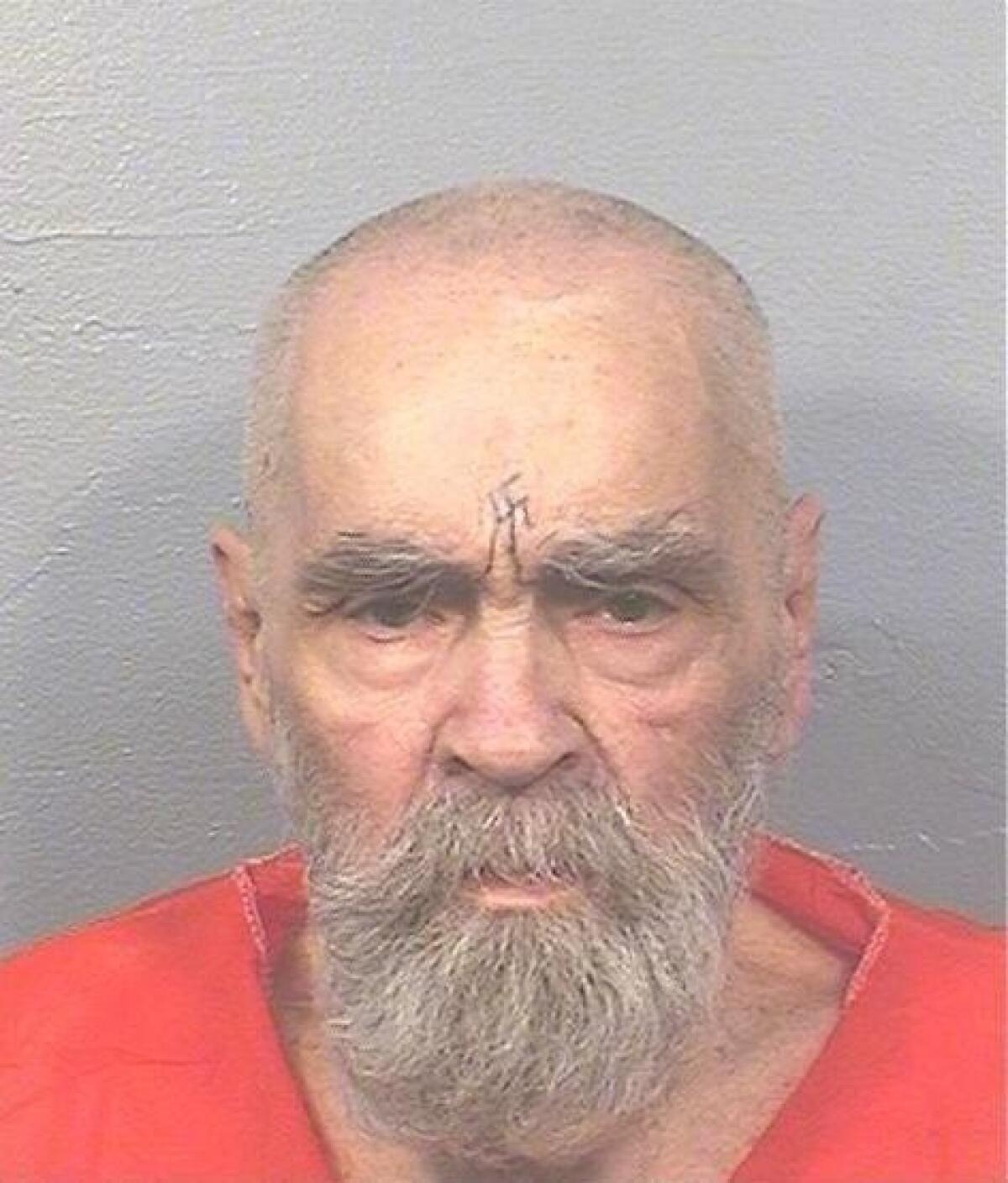Mass killer Charles Manson, notorious for orchestrating some of the most horrifying crimes in American history, passed away of natural causes on a Sunday evening at a Kern County hospital. His death at the age of 83 marks the end of a long and controversial life that was defined by his role as the leader of a cult responsible for a series of brutal murders in the late 1960s. Although he died quietly, the legacy of fear and chaos he created continues to resonate in American culture and history.
Manson's influence as a cult leader who manipulated his followers into committing heinous acts has kept him a figure of intrigue and horror. His life and the crimes committed by his followers raised important questions about the nature of evil, the power of persuasion, and the dark side of human psychology. In this article, we will explore Manson's biography, his notorious actions, and the aftermath of his life, ultimately examining how he has shaped the narrative around crime and cult behavior in America.
As we delve into this complex legacy, we will discuss various aspects of Manson's life, including the infamous Manson Family, the brutal murders they committed, and the legal battles that followed. Furthermore, we will analyze the societal impact of Manson's actions and how they have influenced popular culture and public perception of cults and criminality.
Table of Contents
- Biography of Charles Manson
- The Murders: A Dark Chapter
- Legal Affairs and Trials
- Cultural Impact and Legacy
- Final Thoughts
Biography of Charles Manson
Charles Manson was born on November 12, 1934, in Cincinnati, Ohio. He had a troubled childhood, marked by instability and frequent changes in his living situation. Manson's early experiences would shape his worldview and lay the groundwork for his later criminal behavior. After spending time in various reform schools and prisons, he eventually settled in California, where he began to form his infamous cult.
Manson's charisma and manipulative skills allowed him to attract a group of devoted followers, many of whom were young women seeking a sense of belonging. He created a communal lifestyle centered around his teachings, which combined elements of counterculture, spirituality, and apocalyptic beliefs. This unique blend of ideology and emotional manipulation made Manson a powerful figure among his followers.
| Personal Details | Information |
|---|---|
| Full Name | Charles Milles Manson |
| Date of Birth | November 12, 1934 |
| Date of Death | November 19, 2017 |
| Notable Crimes | Conspiracy to commit murder, multiple murders |
| Followers | Manson Family |
The Murders: A Dark Chapter
The Manson Family is most infamously known for the brutal murders of actress Sharon Tate and several others in August 1969. Tate, who was eight months pregnant at the time, was one of the most high-profile victims, and her murder shocked the nation. Manson orchestrated these killings in a twisted attempt to incite a race war, which he referred to as "Helter Skelter," a term he borrowed from a Beatles song.
The Manson Family's violent actions during this period were not isolated incidents; they were part of a larger pattern of manipulation and control that Manson exercised over his followers. In total, the cult was responsible for several murders, leading to a nationwide manhunt and a media frenzy as the public sought answers and justice.
Legal Affairs and Trials
Following the murders, Charles Manson and several of his followers were arrested and put on trial. The legal proceedings were highly publicized and drew significant media attention. Manson's trial became a spectacle, highlighting not only the gruesome nature of the crimes but also the bizarre behavior of Manson and his followers in court.
Manson was ultimately convicted of first-degree murder and conspiracy to commit murder, receiving a life sentence in prison. His legal battles continued for decades, with multiple parole hearings and appeals, but he was never released. Manson's trials shed light on the complexities of criminal law, mental health issues, and the nature of cult behavior.
Cultural Impact and Legacy
The legacy of Charles Manson extends far beyond his crimes. He has become a symbol of the darker side of the 1960s counterculture and has influenced countless films, books, and documentaries exploring themes of evil, manipulation, and the psychology of cults. Manson's life story serves as a cautionary tale about the dangers of charismatic leaders and the vulnerability of individuals seeking guidance.
In popular culture, Manson's image has been used to explore deep societal fears, reflecting the complexities of human behavior and morality. His story continues to resonate, prompting discussions about crime, mental health, and the influence of media on public perception.
Final Thoughts
Charles Manson's life was marked by darkness and controversy, leaving a profound impact on American society. His story serves as a reminder of the complexities of human behavior and the potential for manipulation in vulnerable individuals. As we reflect on Manson's legacy, we are reminded of the importance of understanding the psychological and societal factors that contribute to such heinous actions.
In a world where the allure of charismatic leaders can still captivate, it is crucial to remain vigilant and aware of the signs of manipulation and deceit. The legacy of Charles Manson will continue to spark debate and discussion for years to come, reminding us of the darker aspects of human nature.





